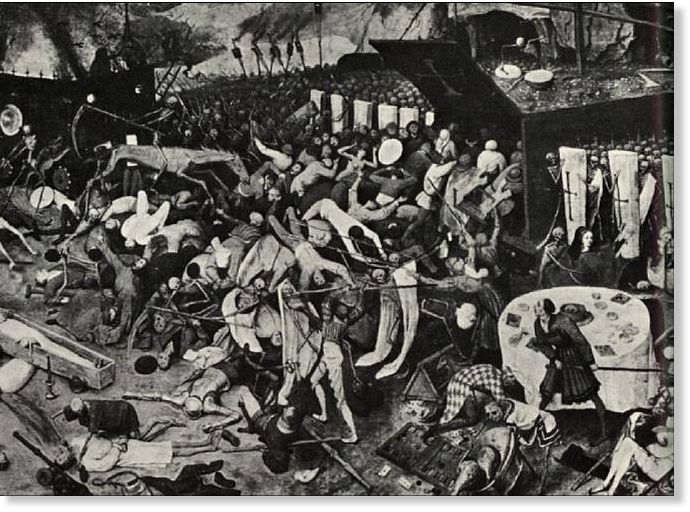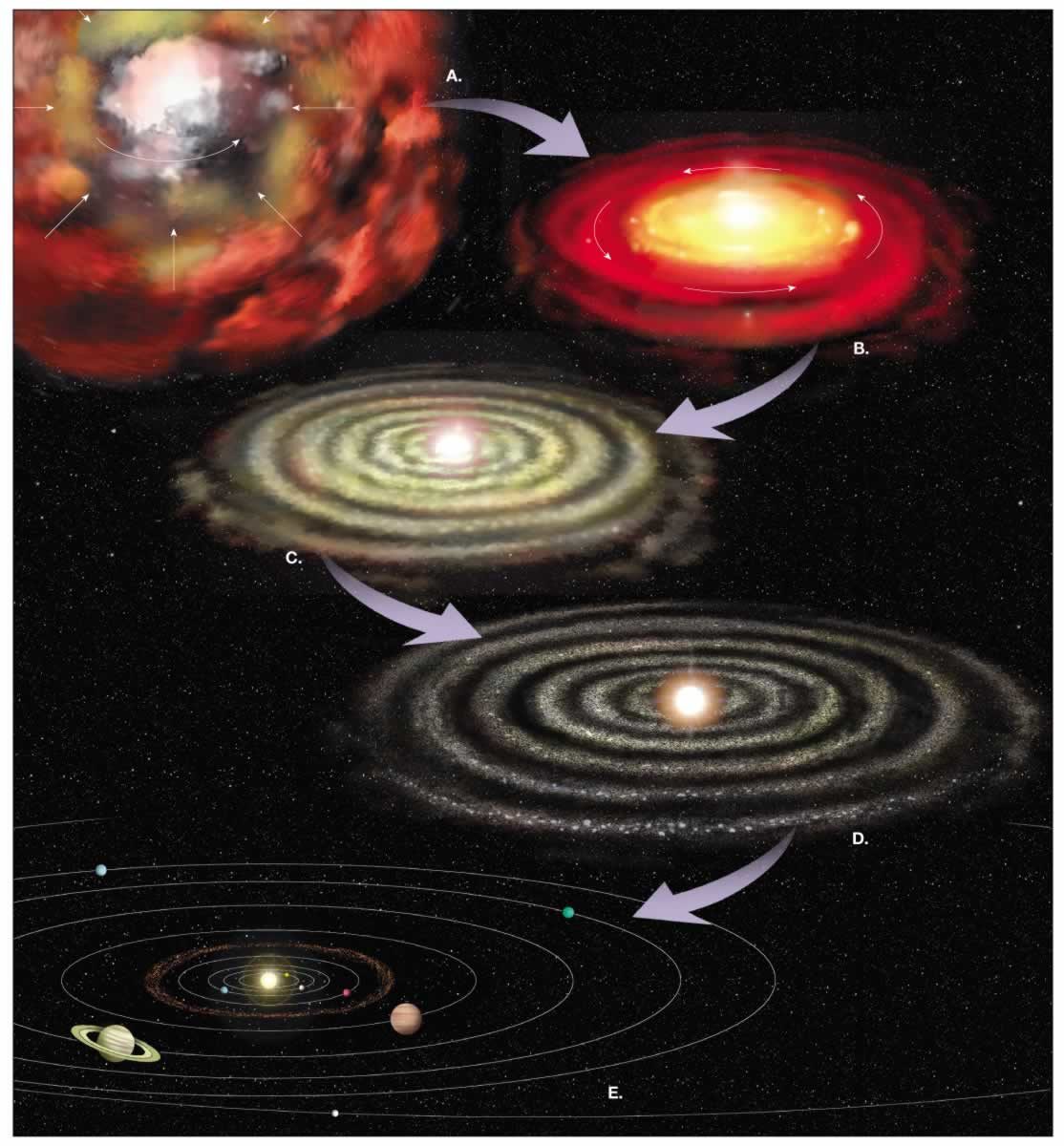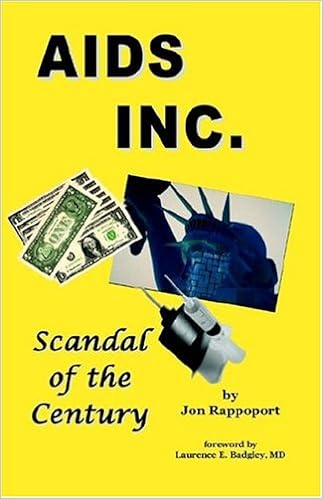{in response to part of this post} What better way to isolate China in the "trade war" and cause economic and financial difficulties, starting in the central business hub in China, with "a newly-identified coronavirus"?
Yes, there is that line of force one could consider, however...
Jon Rappoport has a slightly more cynical look at the usual touted risk of spreading viruses, as people would know who read his work on vaccines et cetera (e.g. he has written on many sudden news worthy virus outbreaks over the last many years, especially when directly tied to certain agencies and drugs). Now this does not negate whatsoever Gaby's post on the New Light on the Black Death... and that quote from the mid 1300's event (and others). That is the stuff from the stars. There is also the chilling standalone read (really chilling) of Daniel Defoe's 'A Journal of the Plague Year' - "...1722 account of the epidemic of bubonic plague — known as the Black Death — that ravaged England in 1664–1665."
You can read a little about it here:

Pestilence, the Great Plague and the Tobacco Cure
As many of our readers are probably aware, we recently discovered a Spanish blog written by a person named 'Fernando' defaming Laura Knight-Jadczyk and her work. We suspect this person to be either a pseudonym for a lady named Diana Castillo or...
To quote Wickramasinghe again from within:
The rather sudden appearance in the literature of references to particular disease is significant in that it probably points to times of specific "invasions". Thus the first clear description of a disease resembling influenza is early in the 17th century AD. The common cold has no mention until about the 15th century AD. Descriptions of small pox and measles do not appear in a clearly recognizable form until about the 9th century AD. Furthermore, certain early plagues such as the plague of Athens of 429BC, which is vividly detailed by the Greek historian Thucydides, do not seem to have an easily recognizable modern counterpart.
[...]
We noticed that epidemics and pandemics of fresh diseases, both in historical times as well as more recently, have almost without exception appeared suddenly and spread with phenomenal swiftness. The influenza pandemics of 1889-1890 and 1918-1919 both swept over vast areas of the globe in a matter of weeks. Such swiftness of spread, particularly in days prior to air travel, is difficult to understand if infection can pass only from person to person. Rather it is strongly suggestive of an extraterrestrial invasion over a global scale. We argue now that it is primary cometary dust infection that is the most lethal, and that secondary person-to-person transmissions have a progressively reduced virulence, so resulting in a diminishing incidence of disease over a limited timescale.
Taken with the above, Defoe's book is an eye opener, yet on the commercial and more cynical side of pandemics, Jon starts with shades (in Upper Case) of MSM headlines that we read. Here was his first article, second and third (there is probably a fourth by now).
Despite what Jon is saying related to the CDC/WHO 'virus hunters,' clearly in the past these agencies created big stirs which begot control and mass vaccinations. They create unbridled fear in the public. Are they looking for the big one to cover up its celestial origins? Is that part of their role?
Take this related to comets, there is a passage in this article:

Planet-X, Comets and Earth Changes by J.M. McCanney
Planet-X, Comets & Earth Changes by James M. McCanney Minneapolis, MN: jmccanneyscience.com press, 2007 (first published in 2002) 182 pp. A new model of the Universe A scientific revolution in the theories of the nature of comets, solar system...
Cynics (or modern sophists), in other words, would say that we do not need the celestial threat to disguise Cold War intentions; rather we need the Cold War to disguise celestial intentions! (The Hazard to Civilization from Fireballs and Comets)
So, reaching with this, what if the above (as Rappoport looks at in his way) is disguising not 'Cold War' intentions, it is substituting it with viruses, plagues or pandemics: '...we do not need the celestial threat to disguise pandemics; rather we need pandemics intentions to disguise celestial intentions!'
It was just a thought.
Can't recall (temporarily) exactly which of the many articles on SOTT the following comes from, yet it relates to the word Pestalence (as people here might remember Laura writing about this). It starts (on Pestilence) with "Jacme d'Agramaont, a doctor writing in 1348 described it in reference to the "Black Death"':
... Agramont said nothing concerning the term epidemia, but he extensively developed what he meant by pestilencia. He gave this latter term a very peculiar etymology, in accordance with a from of knowledge established by Isidore of Seville (570=636) in his Etymologiae, which came to be widely accepted throughout Europe during the Middle Ages. He split the term pestilencia up into three syllables, each having a particular meaning: pes = tempesta: 'storm, tempest'; te = 'temps, time', lencia = clardat: 'brightness, light'; hence, he concluded, the pestilencia was 'the time of tempest caused by light from the stars.'
Perhaps this event in China will not develop further, really hope so, and it was just from dirty water, open sewage, infected food and animals (bats) et cetera, yet when it does come (not if), history tells us it will spread like wildfire and there will be no WHO or CDC to stop it (yet they will assign some origins for it (like rats) and measure out control, if they even can).
As Rappoport says of all the old events; SARS, H1n1, ZIKA, the response was massive and 24/7 on the news, yet what did it really amount to? Who many people did they put in quarantine? Annually, the flue takes out between 200 and 600 thousand people (compromised immunity and old age are markers), so this is either that, some release or mutation or it is something more.




